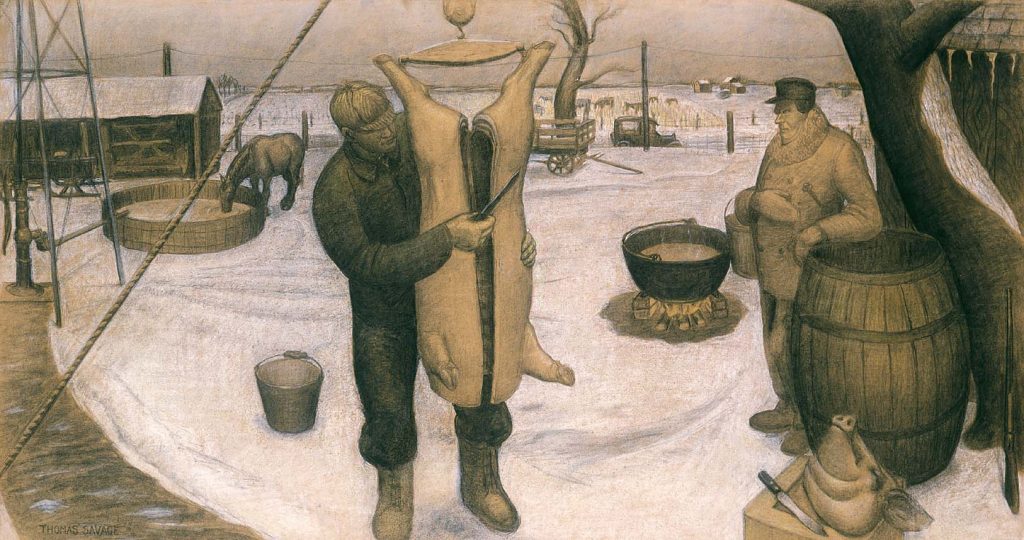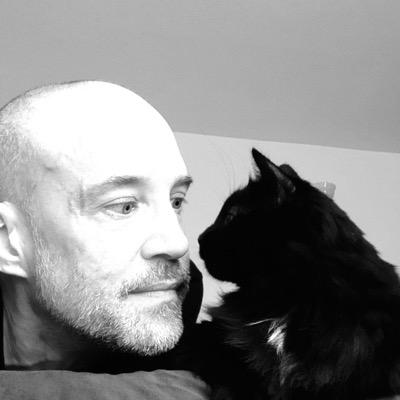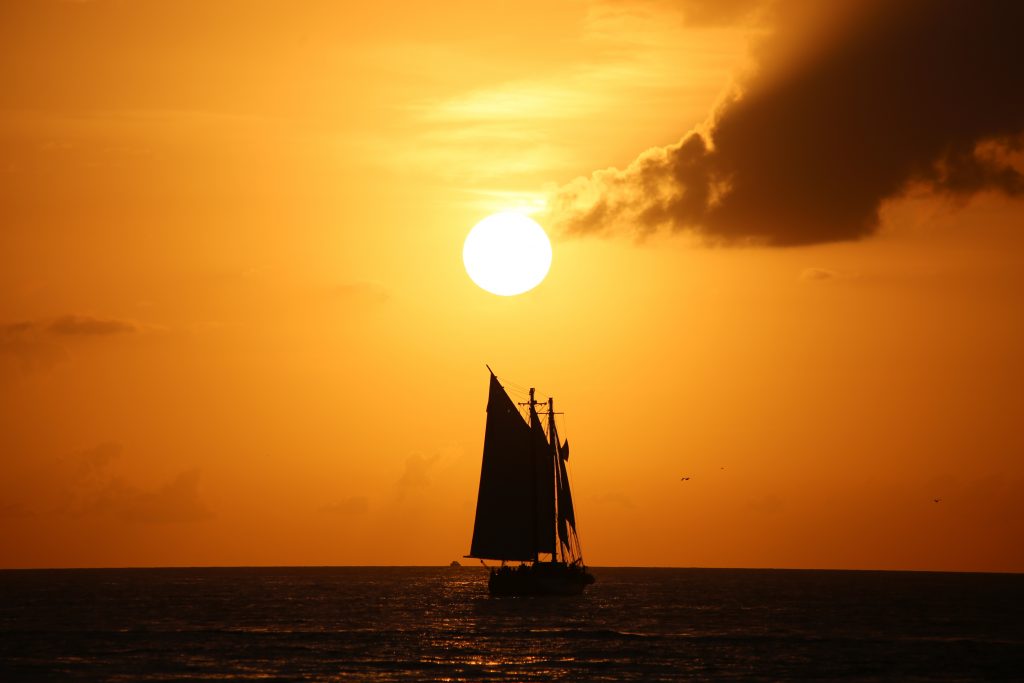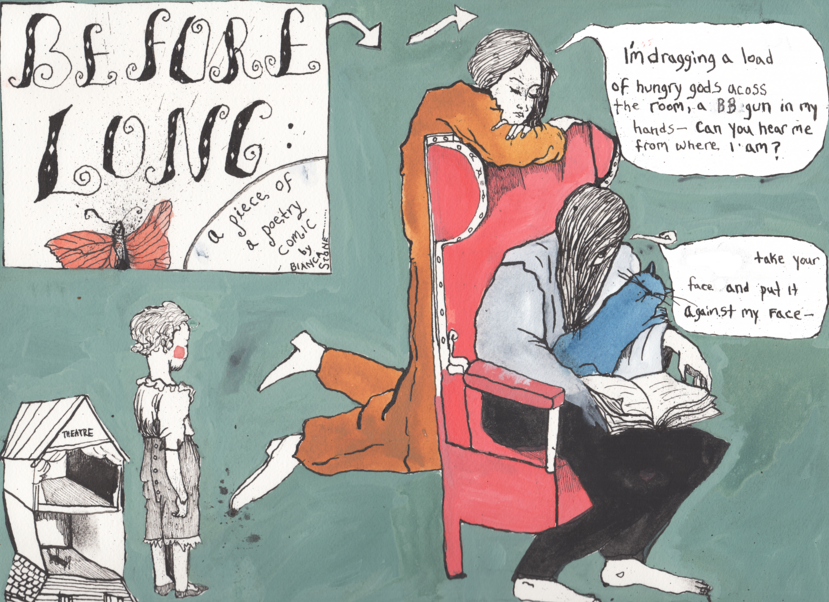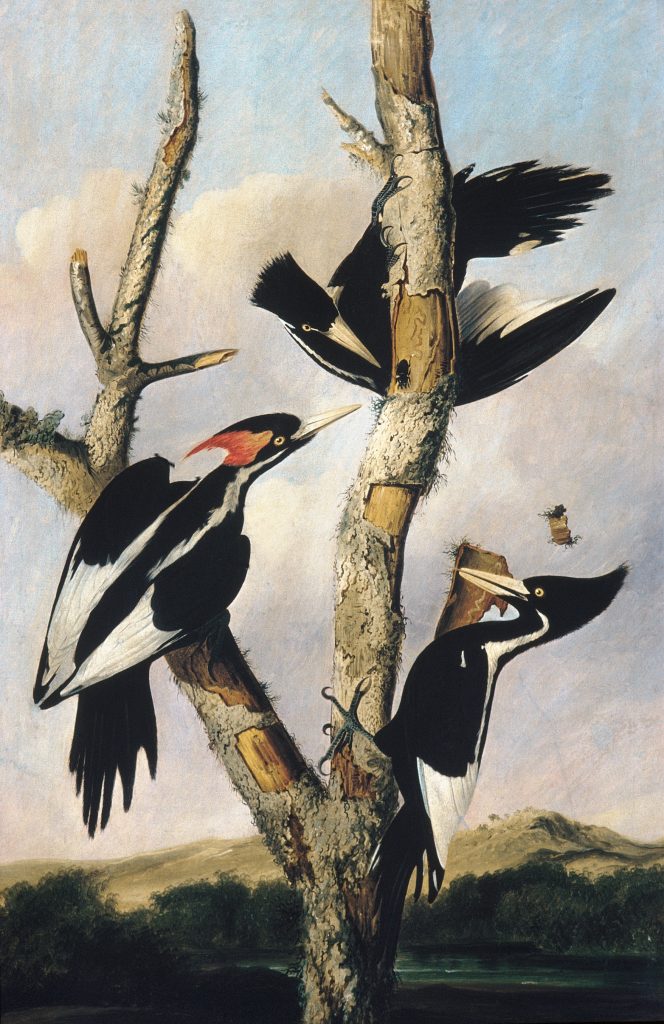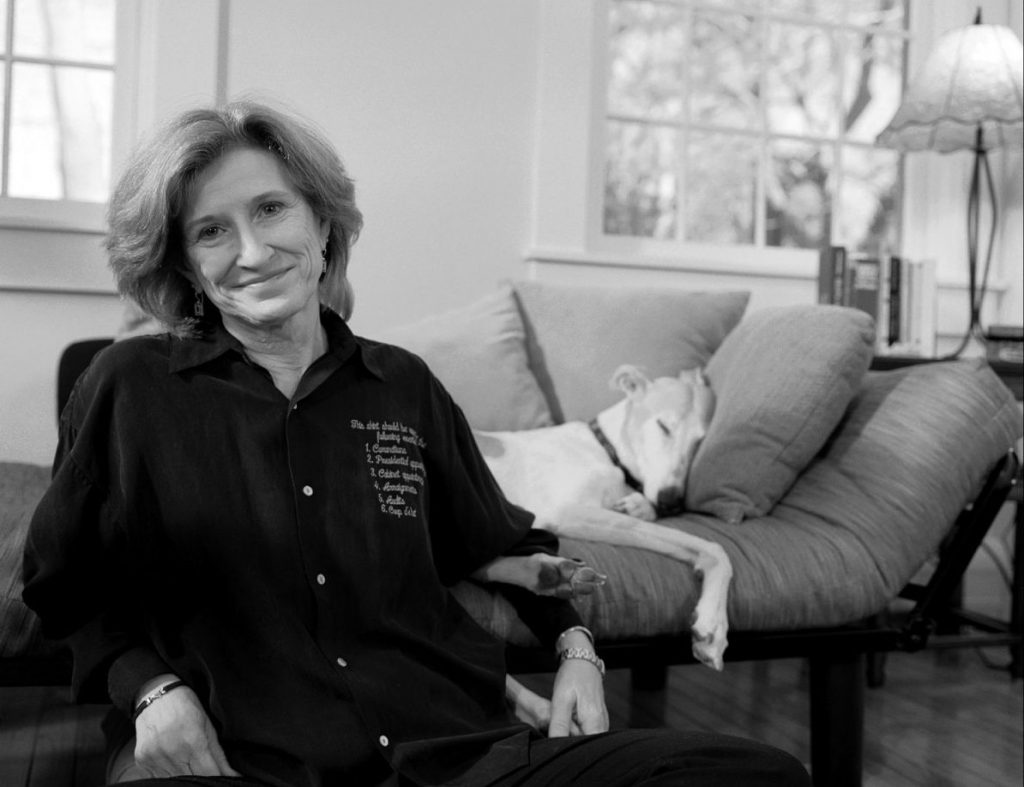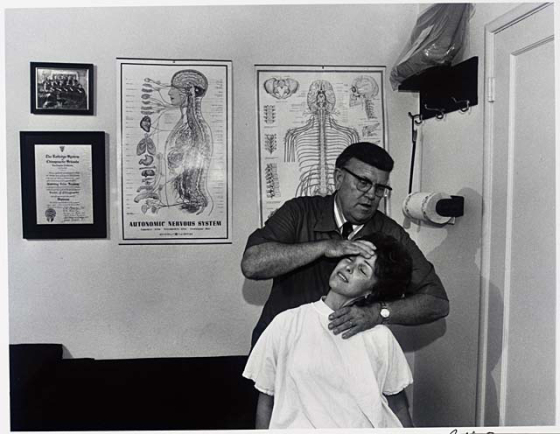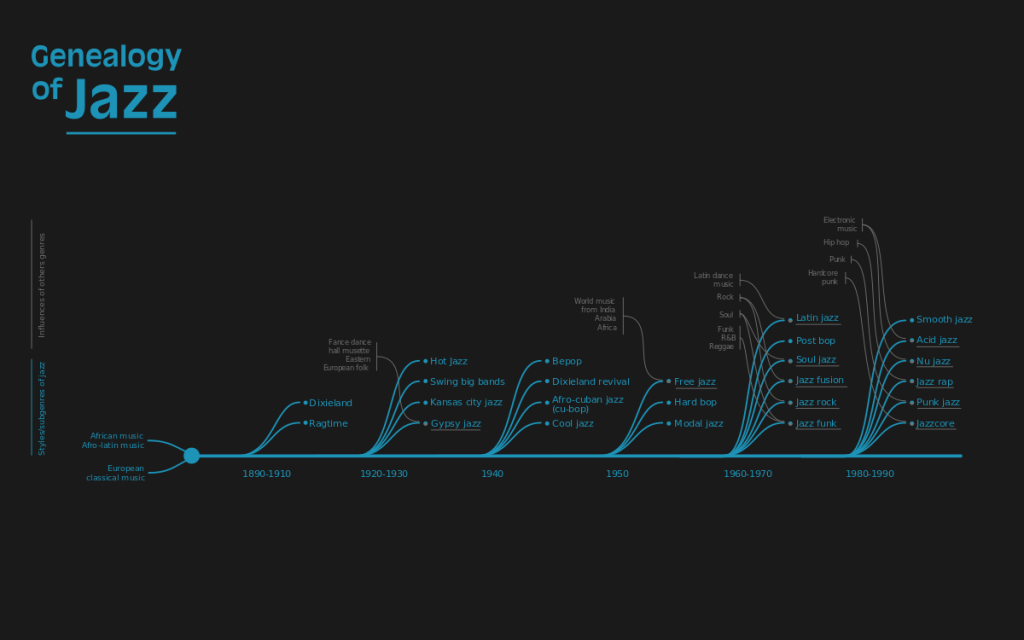A Postcard from Paris
Traveling around Europe in the midst of all this, conducting dissertation research on the Czech interwar avant-garde and its relationship to other major artistic centers of that period, I could not but think about renewed border controls in the EU territory within the context of, and in comparison to, travel in the period between the two World Wars. At that time, Europeans (as well as travelers from further afield) enjoyed a newly open, post-war terrain. The physical movement of bodies, facilitated also by new and faster modes of travel, helped to open up an unprecedented level of exchange between artists and intellectuals of diverse backgrounds and languages. In that brief window of freedom of movement between the two World Wars, Paris was a hub of such traffic, and many visitors came from Prague.
A Postcard from Paris Read More »


